Five Lessons from Restorative Justice: In the time of COVID-19
BY CAITLIN MORNEAU | May 8, 2020
[Editor’s Note: This post was originally published by the Catholic Mobilizing Network.]
It is undeniable: COVID-19 has turned our worlds upside down. We face the inability to gather, loss of employment, combined with fear and anxiety for our own health and that of our loved ones. Our incarcerated brothers and sisters face the pandemic in close quarters, often without protection, in increased isolation from loved ones, and at a higher risk of infection.
We are all impacted by this disease, in unique and often disproportionate ways.
And yet, in spite of social distancing—or rather, because of it—many of us are finding new ways to connect. Through relationship with God, virtually with others, and with creation, we find sustenance, and perhaps even healing.
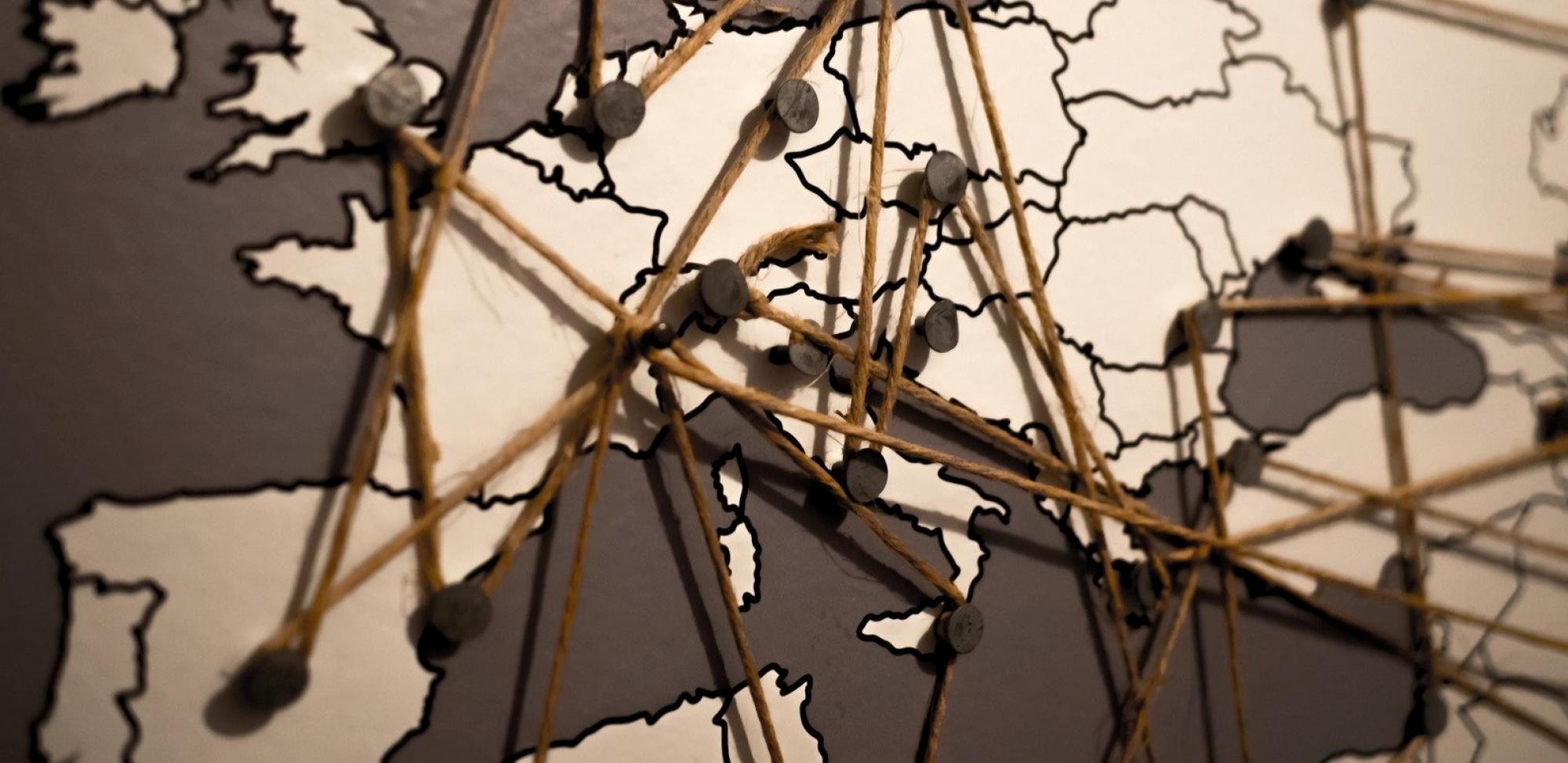
Restorative justice seeks to uphold the God-given dignity of all those impacted by harm and bring about healing in relationships that were broken or damaged. In the criminal legal context, particular restorative practices like circle process can aid this healing journey when structured dialogue is needed and appropriate.
Beyond the criminal legal system, we know that harm, trauma, and suffering can take many forms and these practices can be applied in many areas of life.
As I walk through my own new “normal” during this time of pandemic and talk with ministry leaders and restorative justice practitioners throughout the country, there are particular components of circle process and other restorative practices that I have found hold renewed meaning in this time.
1. The beauty of ceremony and shared values
Every circle process opens and closes with some type of ceremony, such as a prayer, poem, song, movement, or silence. This shared moment of reflection combined with objects of meaning placed in a centerpiece signals that this is a space and time set apart—one that is sacred.
As we follow stay-at-home orders, with Masses streaming online and other religious services canceled, the physical lines of personal, professional, religious blur and blend. This shift invites us to create intentional opportunities to recognize the sacred in nature, with family and virtual communities—simple ways that say we are present with one another and acknowledge that God is present with us.
2. The importance of checking in
For me, the simple question of “how are you?” is asked differently these days. My conversations with family, friends, neighbors, and co-workers begin with meaningful time sharing our current realities and their/our challenges.
The first “round” of a circle process typically includes a “check-in” question. It acknowledges the fullness of our humanity and that we each carry weights with us that influence how we interact with others. It gives context to our responses and invites our whole selves to show up in the conversation.

3. Story sharing without judgment
In a circle process, a talking piece is passed in the order that participants are seated. This practice creates the opportunity for every voice to be heard and for participants to listen without planning our own replies. Whether sharing our own stories, or witnessing those of others, we are experiencing the power of simply being heard. In doing so, we embrace a spirit of solidarity that sustains us and one another through deep listening.
4. Acknowledging our interconnectedness and disproportionate impacts of harm
The physical transmission of disease and resulting economic devastation illuminate the ways in which we are integrally connected. Furthermore, the pandemic has also revealed how the people living closest to the margins are more vulnerable in the crisis. Likewise, harm and violence have rippling effects and disproportionately impact people in marginalized communities.
Both restorative justice and Catholic social tradition require us to examine how power imbalances contribute to harm and systemic oppression. This calls upon entire communities to ask, “How are we all responsible for one another? What do I need from others? What gifts, talents, and resources do I have to share?”
5. Creating supportive communities to process trauma and make plans
Trauma is experienced in a multitude of ways, directly and indirectly. For some, this time of distress and isolation triggers past traumas or generates new ones. Restorative justice practices create opportunities to acknowledge these traumas and needs within a supportive community. This allows us to attend to one another in the particular ways that are most helpful and transformative, rather than making one-size-fits-all assumptions about what may “fix the problem.”
In relationship with one another, we can agree upon plans and hold ourselves and each other accountable to them, because there is a communal structure in place to do so.
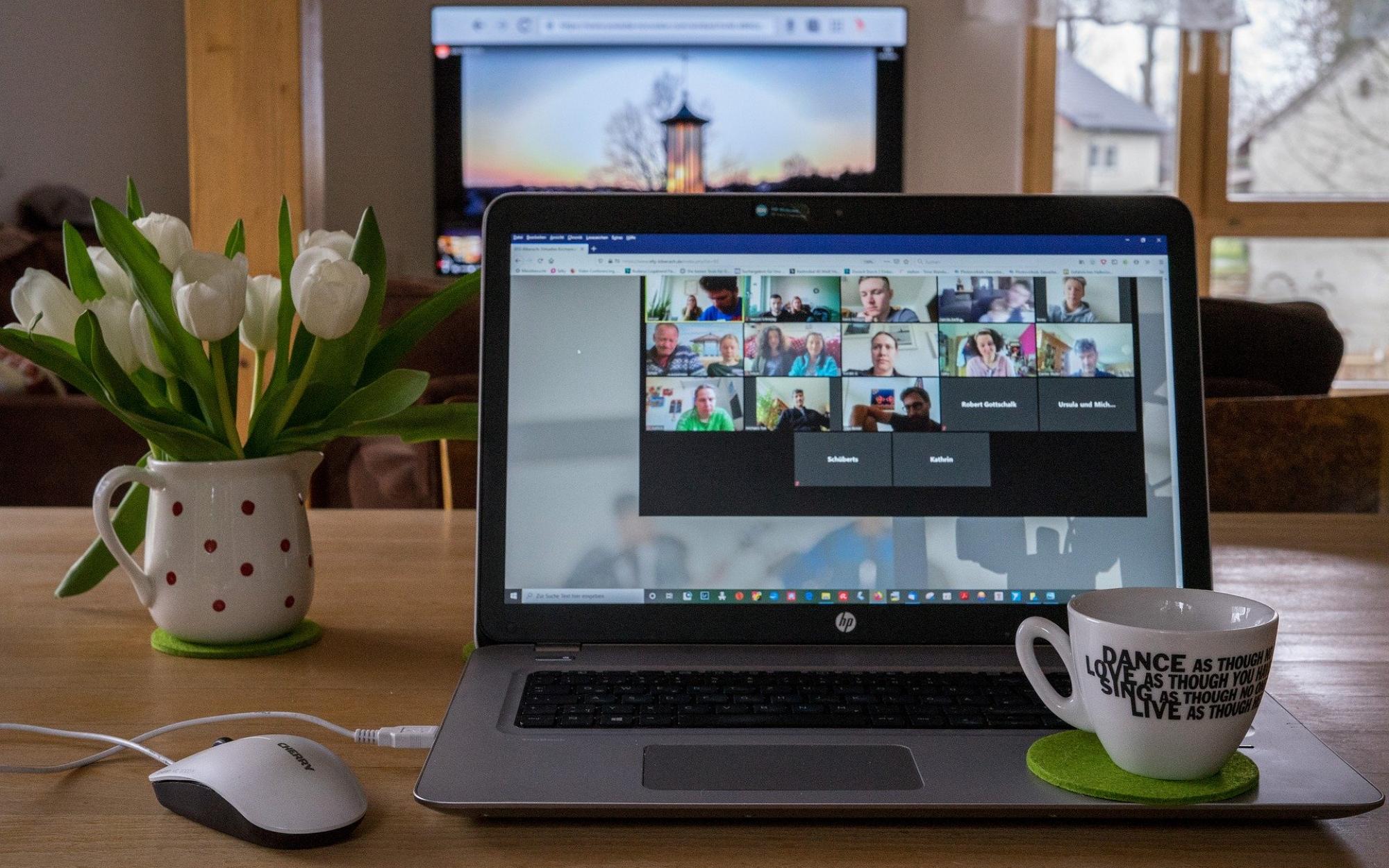
The Challenge and Opportunity of this Time
In my own day-to-day life, I notice that some components of restorative living come more easily than others. At the same time, I find great encouragement and inspiration from the ways that murder victim family members, brothers and sisters inside prison, and wise practitioners throughout the country integrate these practices in their own lives.
Perhaps the pandemic calls us to practice and internalize these ways of living restoratively — not only through this crisis, but beyond—and to integrate these approaches in our systemic responses to harm, crime, and violence.
Watch Catholic Mobilizing Network’s webinar on this topic. Click here to learn more.
Caitlin Morneau serves as director of restorative justice at Catholic Mobilizing Network. She holds an M.A. in conflict transformation from the Center for Justice and Peacebuilding at Eastern Mennonite University and was the lead adapter of CMN’s faith formation guide, Harm, Healing and Human Dignity: A Catholic Encounter with Restorative Justice.

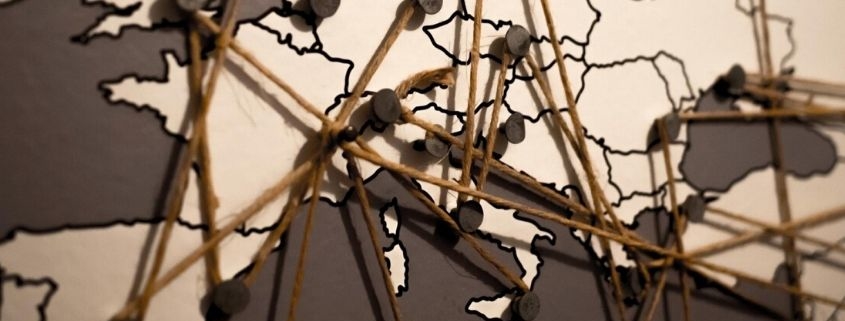

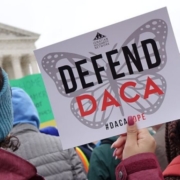

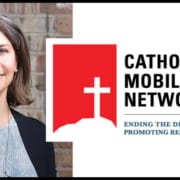
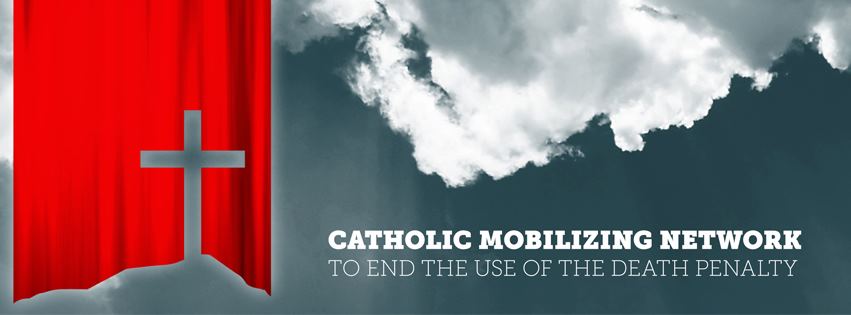


It’s meaningful, exciting, rewarding and fulfilling. Living to practice justice in thought, word, and deed towards fellow human beings, towards other living beings, and towards our common home – the Planet, can only add life to our life span.